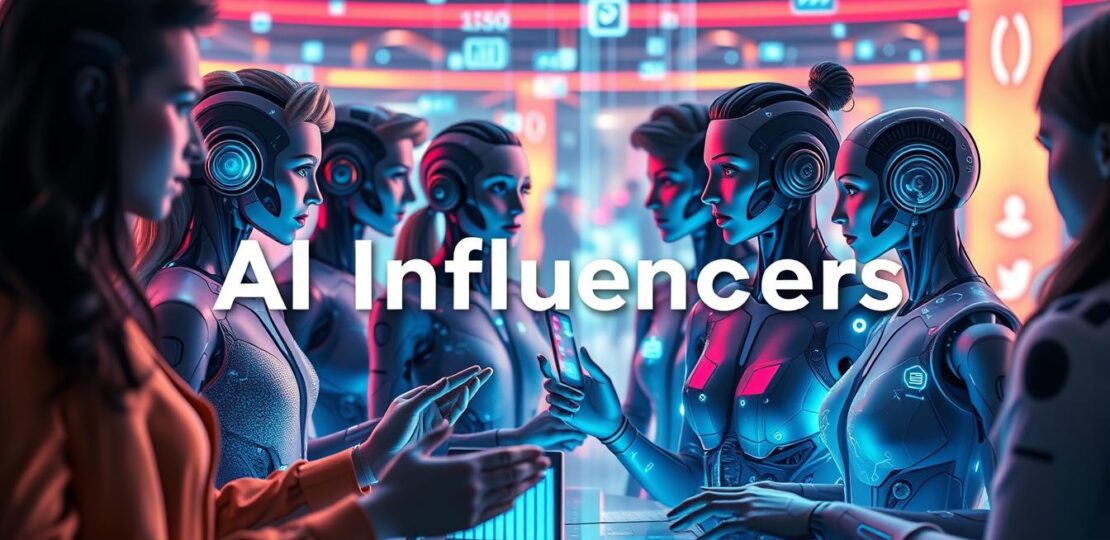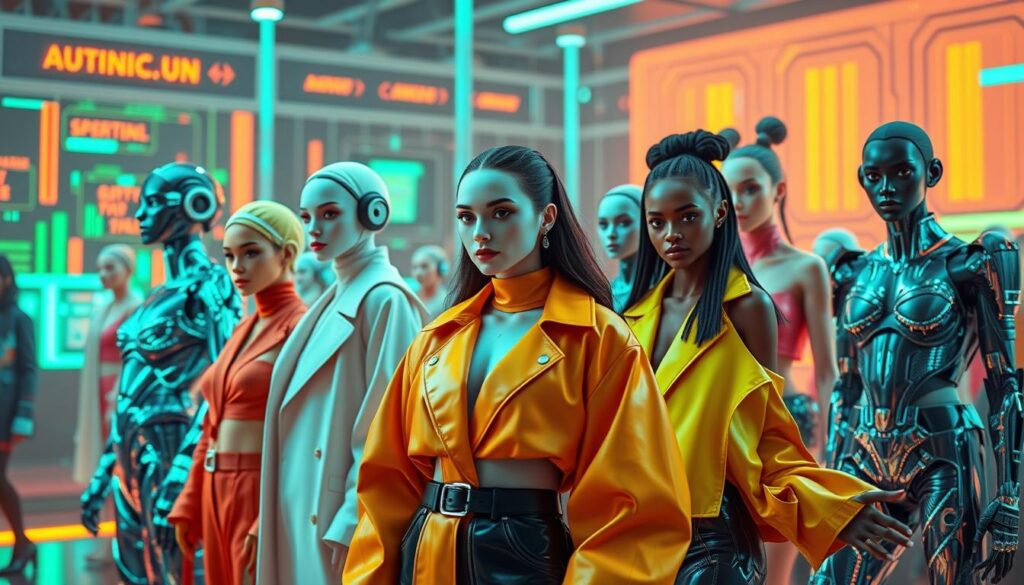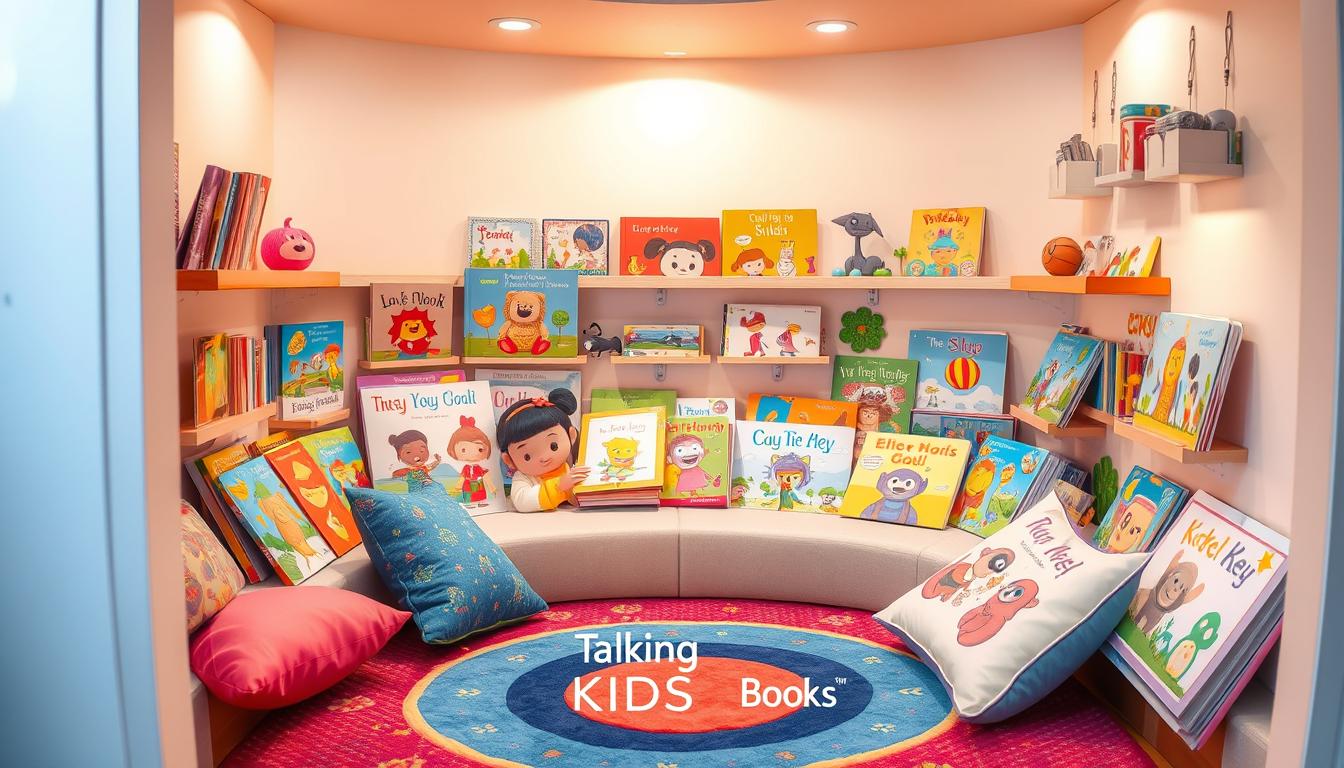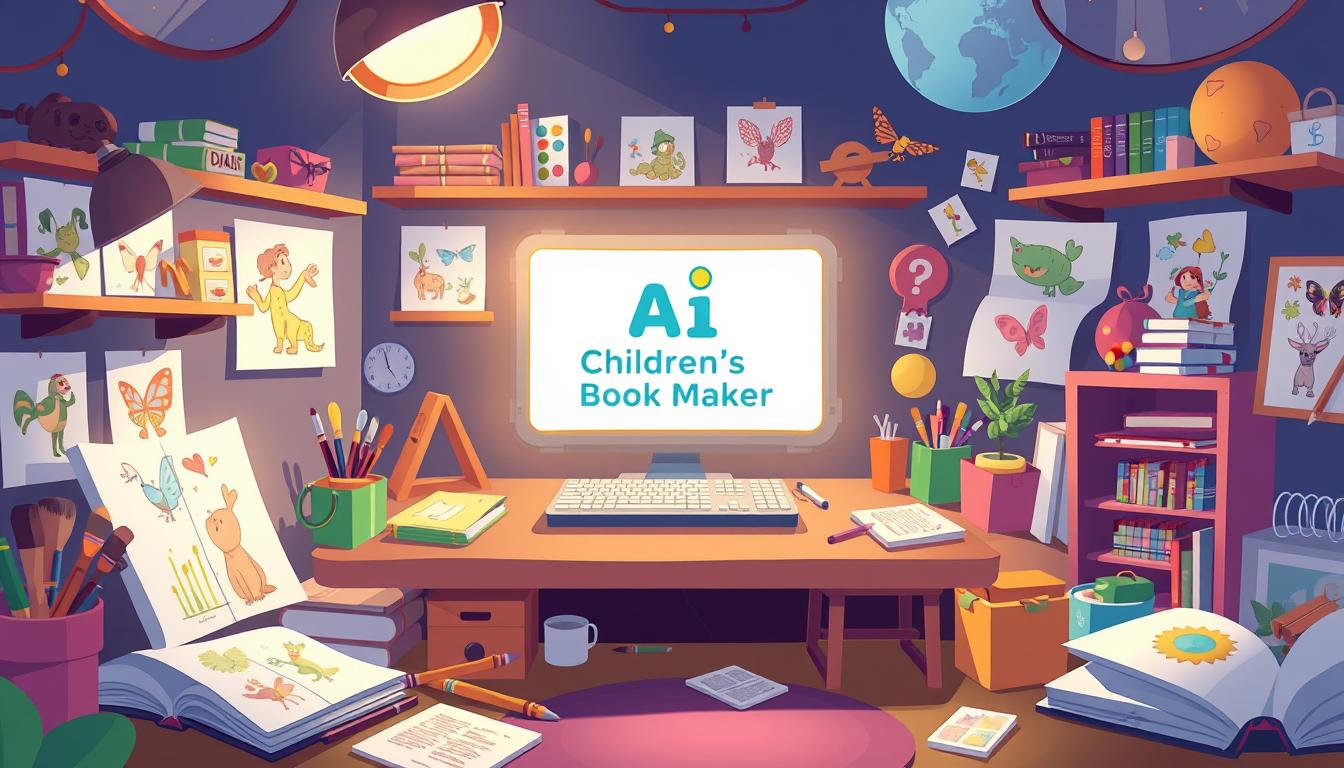How to Create Realistic AI Influencer And Make Money Online?
November 23, 2024 | by Vijay

The rise of AI influencers is changing marketing forever. They use artificial intelligence to act like humans and connect with people on a deeper level. The influencer market, worth over $20 billion, is now using ultra-realistic AI to tell brand stories in a new way.
Lil Miquela, with 2.6 million Instagram followers, shows AI influencers’ power. They are known for being consistent and adapting quickly. With so much content online, brands see AI influencers as a cost-effective way to reach more people.
Brands are diving into this new world, but they need to understand AI influencers well. This knowledge is key to making marketing work in today’s digital world.
Key Takeaways
- AI influencers offer brands a unique way to engage consumers amidst the $20 billion influencer industry.
- Examples like Lil Miquela highlight the power of AI influencers in garnering significant followings.
- AI influencer marketing has proven cost-effective, with lower campaign expenses than traditional influencers.
- Brands can leverage AI influencers for 24/7 global outreach and personalized content across diverse platforms.
- Understanding the limitations and ethical concerns of AI influencers is key to successful integration in marketing strategies.
What Are AI Influencers?
AI influencers, also known as virtual influencers, are a new trend in digital marketing. They are created using artificial intelligence, computer-generated imagery, and machine learning. These digital beings can look and act like real people, making them great for connecting with audiences.
Definition and Characteristics
AI influencers are digital characters that seem real. They can show emotions and change how they talk based on what people say to them. This makes them different from real influencers, who can’t always be as flexible.
The Technology Behind AI Influencers
AI influencers rely on advanced tech like generative AI and deep learning. This tech lets creators make characters that look and act like humans. An ai influencer platform helps brands make content that really speaks to their audience, making campaigns more effective.
Difference Between AI Influencers and Traditional Influencers
Traditional influencers are real people who share their lives online. AI influencers, on the other hand, are made to be consistent and controlled. This means brands can avoid the ups and downs of working with real people, like unexpected controversies.
The Rise of AI Influencers in Marketing
AI influencers are changing the game in marketing. Brands are looking for new ways to connect with people. AI influencers offer personalized experiences that people want.
Changing Consumer Expectations
Today, people want content that speaks to them. Digital marketing trends show this need. AI influencers can give what traditional influencers can’t: tailored content.
AI lets brands create stories for different groups. Gen Z and Gen Alpha like real digital experiences. AI influencers can deliver that.
Integration of AI Influencers in Branding Strategies
Using AI influencers in branding is smart. It lets companies tell stories that fit their brand. AI avatars help keep messages consistent and avoid human mistakes.
AI influencers are always on, which is great for engagement. This lets brands try new ideas without being limited by human schedules. While it’s still new, AI influencers might help brands find a balance between AI and human touch.
Benefits of AI Influencers
AI influencers bring big advantages to marketing. They change how companies use influencer marketing. This leads to better results and more efficiency.
Cost-effectiveness and Scalability
AI influencers are cost-effective compared to human influencers. The influencer marketing market is expected to hit $100 billion by 2030. Brands want to spend their money wisely.
Working with an AI influencer creator helps avoid high costs. Human influencers can charge over $250,000 for a single post. AI influencers let brands reach many people without spending a lot. They can quickly gain followers, sometimes 10,000 to 50,000 a day on platforms like Instagram, YouTube, and TikTok.
Control and Customization for Brands
Using an AI influencer platform gives brands more control. They can tailor their digital presence to fit their values and goals. This control reduces the risks of working with humans.
Brands can create content that matches their message perfectly. This leads to more trust and loyalty from their audience. As they fine-tune their messaging, their story becomes clearer and more compelling.
24/7 Content Creation and Engagement
AI influencers can create digital content anytime. They keep brands engaged 24/7. Unlike humans, AI influencers can make trending content in under a minute.
This keeps them relevant in a fast-changing digital world. Brands can quickly respond to what their customers want. This is key to staying relevant. A user using AI influencers landed three brand deals worth $2,500 in just one month. This shows how well AI influencers can help brands make money.

Fig 1.2. AI Influencers (AI generated image)
| Features | Traditional Influencers | AI Influencers |
|---|---|---|
| Cost | $250,000+ per post | Fraction of human influencer cost |
| Scalability | Limited to personal brand | 10,000–50,000 followers daily |
| Control over messaging | High variability | Complete control |
| Content Creation Speed | Dependent on creator’s schedule | Under 60 seconds |
| Global reach | Typically within local regions | Supports over 140 languages |
AI Influencers – Creates Ultra-Realistic AI Influencers
The world of digital marketing has changed a lot thanks to ultra-realistic AI. Now, AI influencers can look and act very real. They can even seem to feel emotions and talk to people in a way that feels real.
This makes it easier for brands to connect with their audience. It makes marketing more effective and builds stronger relationships with customers.
Realism in Design and Interaction
Brands are using AI influencers to get people’s attention. For example, Lil Miquela has about 2.5 million followers and works with big names like Prada. Lu of Magalu is a big hit in Brazil, with over 7 million followers.
These AI influencers are great at making content that people want to see. They help brands get noticed and connect with their audience.
Examples of Popular AI Influencers
Shudu and Guggimon are other examples of AI influencers. They show how AI can help brands in many ways. They make campaigns more interesting and engaging.
As AI influencers keep getting better, they become more important for brands. Their success shows how AI can help in today’s fast-changing digital world.
FAQ
What are AI influencers?
How do AI influencers differ from traditional influencers?
What technologies are used in the creation of AI influencers?
What are the benefits of using AI influencers in marketing?
How can brands integrate AI influencers into their marketing strategies?
Can AI influencers evoke emotional responses?
Are there any popular examples of AI influencers?
RELATED POSTS
View all



